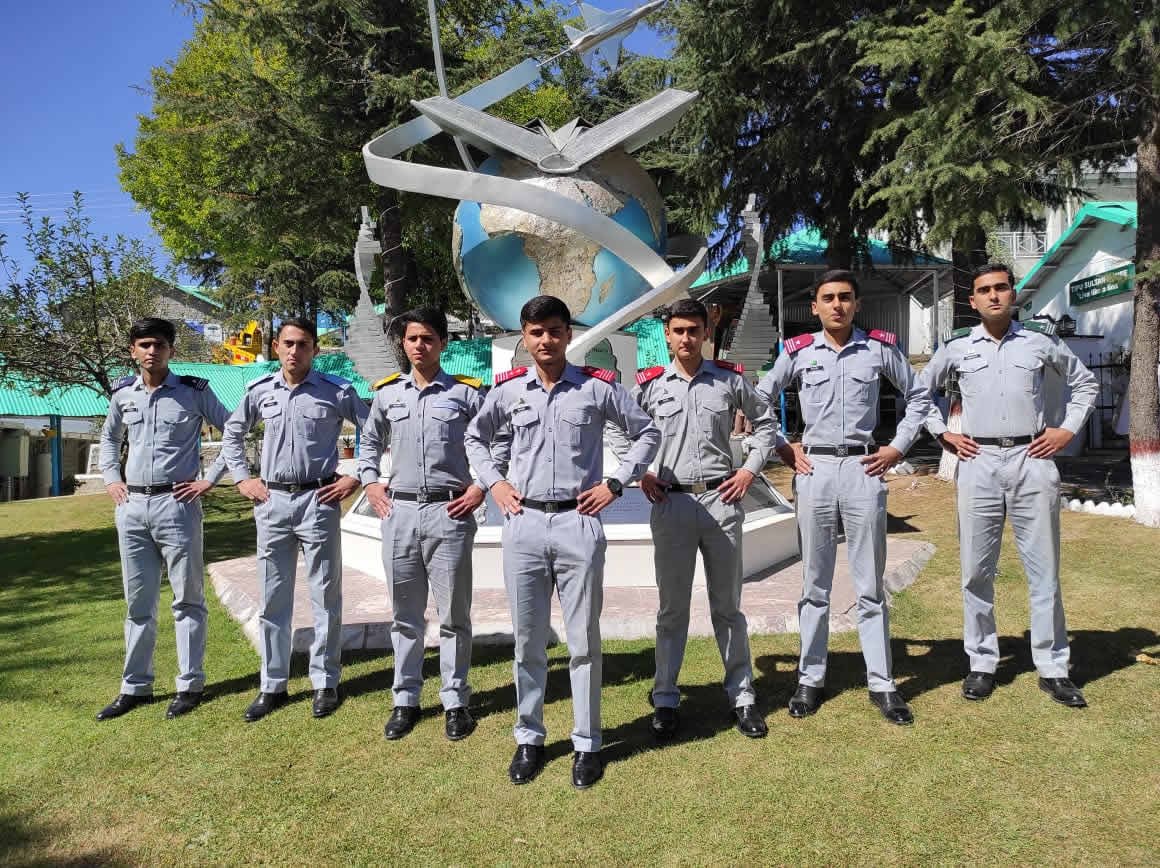Tips for Preparing for the EMBA Interview

Whether you’re preparing your program or sitting to your Executive Assessment, every step of applying for an Executive MBA program is critical. That includes the interview, and that’s your opportunity to sit down with admissions officials confront, and reveal why you’d be a fantastic fit for your own school. You need to get ready for the interview prematurely by studying the college and program you need to use and knowing what things to expect. The better prepared you are, the more probable it is that you will succeed. Keep reading to learn more about making certain you’re ready for this significant step in the software procedure.
Related: 11 Tips to Boost Your Interview Skills
Treat the EMBA interview like a job interview
You will need to take care of the EMBA interview likewise to the way you’d treat a job interview. That means wearing skilled attire and bringing numerous copies of your resume along with you. You might find that the questions tend to be similar to what you’d experience in a job interview. By way of instance, the interviewer may ask open-ended questions, such as “Tell me about yourself,” which are chances to highlight your professional expertise and how you are a fantastic fit for the company school. While these questions might appear simple, they are great to prepare to make sure you keep in touch with the most essential points about yourself that you want the interviewer to know.
Create a story of your career trajectory
Those open-ended queries are also an opportunity to discuss your career trajectory. Our research shows that 63 per cent of EMBA applicants have at least 10 years of job experience, which is why talking about that experience is so vital. Interviewers, but don’t only want to find you have lots of work experience. Instead, they want to find a larger career trajectory and comprehend why an EMBA from their college fits within that trajectory.
Instead of merely list previous positions you held (that is exactly what a restart is right for, after all), describe what you learned in each job, how you brought those skills ahead to new positions, and what your career goals will be. You want to demonstrate the way an EMBA would help you achieve those goals. By way of instance, the top career goal for 52 percent of individuals applying to EMBAs is managing people. If your objective is to manage others, then you can point out how an EMBA will help you build the abilities to do exactly that, such as by referencing specific courses the school provides. In actuality, EMBA alumni are more likely to state their program prepared them for leadership ranks compared to alumni of some other program category.
Wish to know if you’re the right fit for the EMBA program? Check out the Executive MBA Program by IITB-WUStL.
Related: How to Get Good Grades? Follow these 15 Tips
Highlight what makes you unique
for the large part, EMBA plans are small, which is the reason why admissions officials place a lot of consideration to the total makeup of some cohorts. They need a well-rounded class where individual students bring with them diverse backgrounds and experiences. This way, students do not only learn from their academics but from each other also. Do not just try to inform the admissions officers what you believe they wish to hear. Doing so will just make you sound like other applicants. Instead, you need to stick out from the crowd and show what you bring to their company school that is unique. Thus, highlight encounters that aren’t normal, like volunteer work you’ve completed or unconventional projects you’ve worked on. Since EMBAs are often globally focused, if you speak several languages or you have traveled abroad, these experiences may also help you stand out.
Know your weaknesses and strengths with an MBA readiness evaluation
While specialist experience is important if applying to an EMBA, admissions officials still want confidence you will flourish in an academic environment. In case you haven’t been in a classroom at some moment, proving that you are prepared for school can be hard. An MBA readiness evaluation like the Executive Assessment can help assuage those concerns. With the Executive Assessment, then you can show admissions officials that you have the knowledge to do well in an academic atmosphere.
At exactly the exact same period, a graduate business school assessment can disclose any weaknesses you may have. It’s much better to be aware of flaws before going into the interview so they will not catch you off guard if the issue comes up. Being aware of your flaws are ways you can find out how to conquer them such as by taking requisite courses before your program starts –to be completely prepared to tackle your EMBA interview.











